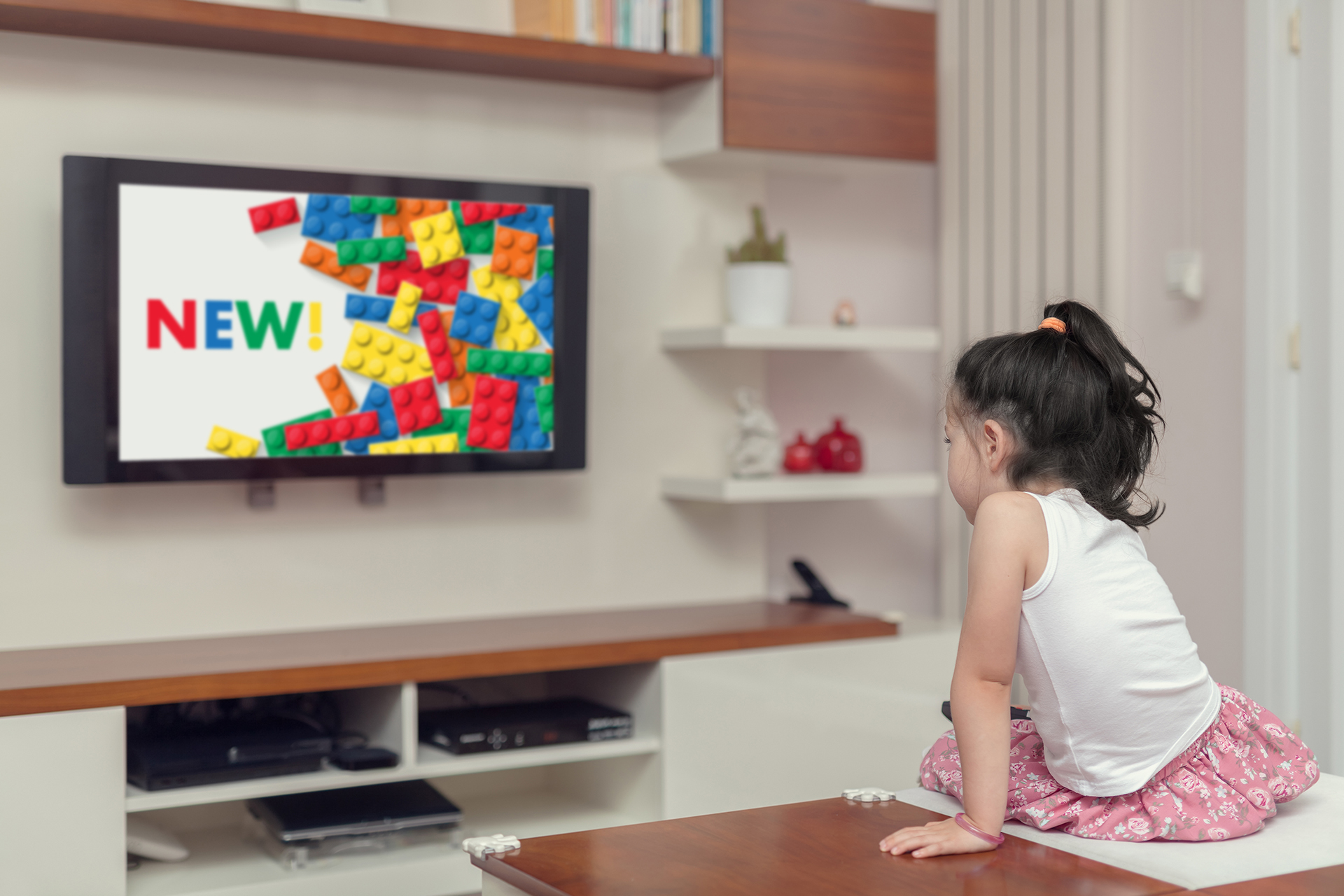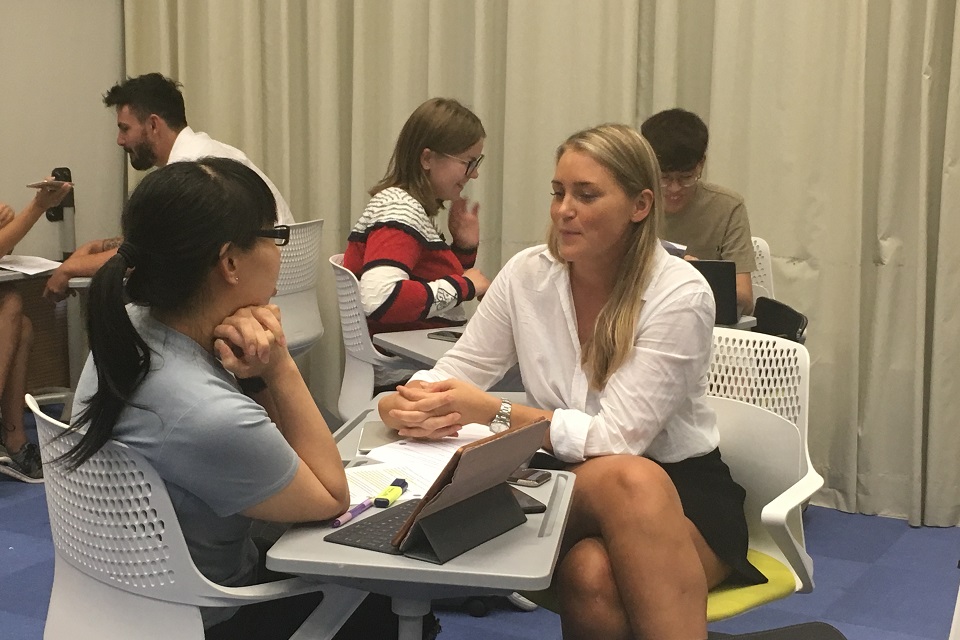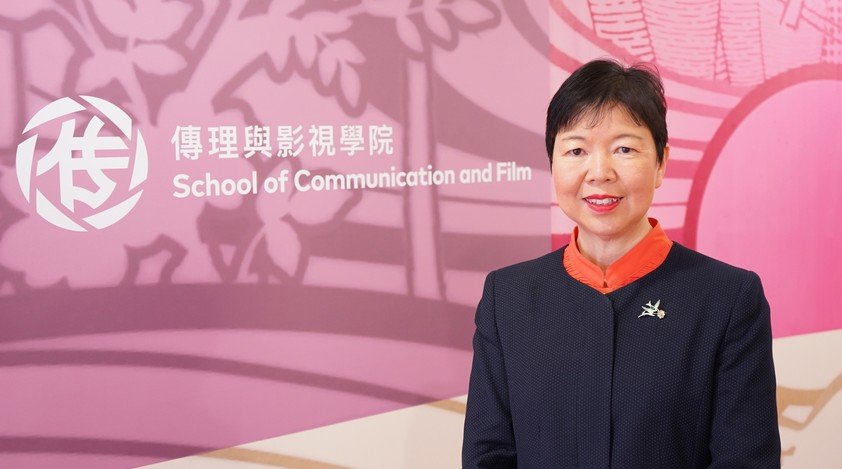Discover HKBU
Blended learning activities provide undergraduates with research experience
27 Apr 2022
Children today enjoy easy access to technology, and they have become increasingly media literate. With their influence on their parents’ shopping decisions, children represent a huge market for brands and marketing activities. But due to their vulnerability, is it fair to advertise to children? What does responsible marketing to children look like? What are the considerations in research that involves children?
These are the kind of questions that the students who took part in the course “Children as Consumers: Marketing to the Youth” had to navigate. Designed and taught by Professor Kara Chan, Associate Dean (Teaching and Learning) of the School of Communication and Film and Professor of the Department of Communication Studies, this interdisciplinary course enables students to acquire empirical research skills involving children and teens through a series of blended learning activities.
Professor Chan has been conducting research on children and advertising for more than two decades, and she launched the above course three years ago as a General Education course. The course materials were then redeveloped and placed on the digital platform FutureLearn as one of HKBU’s Small Private Online Courses. Course contents include analysing advertising executions that target children, regulations regarding marketing to children, and designing social marketing campaigns based on qualitative research findings.
“Children are inexperienced consumers and they may be misled by some marketing communication efforts, but not many of them have made their voices known. Our course attempts to understand the specific contexts where children and young people have experienced dissatisfactory consumption,” she says. “Students can draw insights from their own research and learn how to develop an effective and ethical communication campaign that can empower children and teens to be smart consumers.”
To help undergraduate students gain experience in conducting empirical research, Professor Chan led three blended learning activities during class time. These initiatives covered collecting data through interviews, analysing qualitative data, conducting literature reviews, and creating teaching videos on the regulation of advertising involving children.
After acquiring these research skills, the students worked on a capstone project, and they designed social marketing campaigns that aimed to promote smart consumption in both online and offline shopping among children and young people. The students interviewed a group of children and teens to find out their buying habits, and then they derived insights from the interview data to develop communication strategies. The students’ marketing proposals were shared with the Investor and Financial Education Council, which provided positive feedback. The Council is a government-funded organisation that aims to educate the public about financial management and smart consumption.
This project provides students with a valuable opportunity to enhance their communication and analytical skills. “I needed to communicate concisely and precisely with the interviewees, be attentive to their responses and ask follow-up questions when needed,” says Vania Kwok, a Sport, Physical Education and Health student. “When analysing the research data, our group had to look for key ideas, commonalities and differences among the responses in order to reveal the patterns in the shopping behaviours of the junior secondary school students. This experience has helped to prepare me for doing research in the future.”
The innovative blended learning pedagogical design was recently awarded the Grand Prize in the 2021 International Contest on Blended Teaching and Learning, which was organised by Peking University. The blended learning activities introduced in the course have the potential to be adapted for larger classes at HKBU.
Professor Chan believes that the students’ authentic research experience will empower them to generate new knowledge and take on additional responsibilities in their learning. “Research experience is important for undergraduates as they build the ability and confidence to create knowledge,” she says. “It enables students to become better observers and enhances their capacity to manage with uncertainty. By designing and implementing blended learning activities, educators can encourage active learning among students.”


